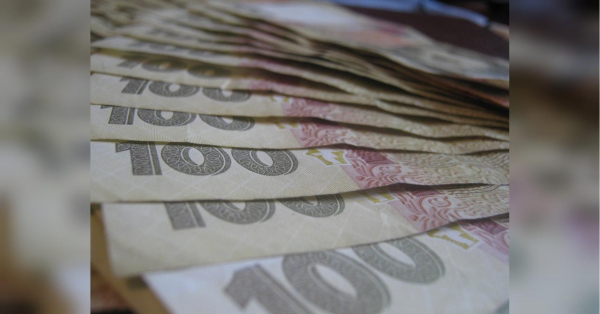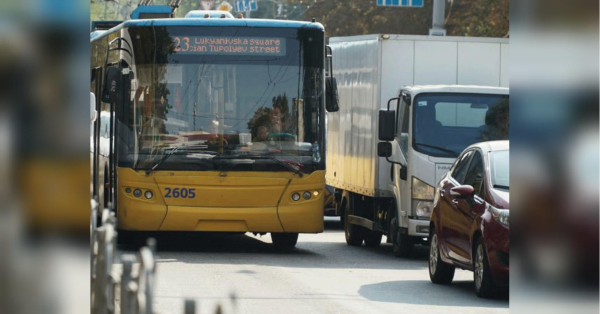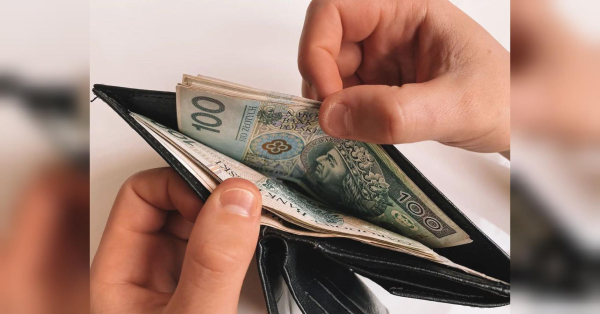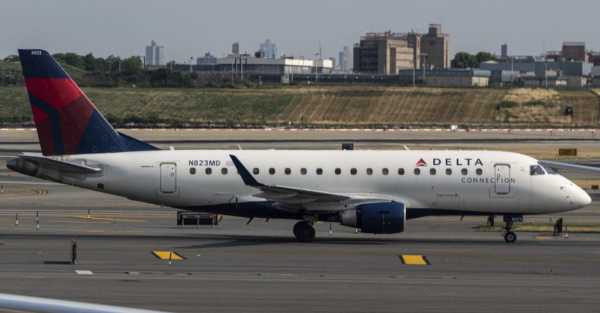
Americans are travelling in record numbers this summer, but Delta Air Lines saw a second-quarter profit drop of 29% due to higher costs and discounting of base-level fares across the industry.
The airline is also predicting a lower profit than Wall Street expects for the third quarter.
Delta said Thursday it earned 1.31 billion dollars (£1.01 billion) from April through June, down from 1.83 billion dollars (£1.42 billion) a year earlier.
Revenue rose 7% to nearly 16.66 billion dollars (£12.93 billion) — a company record for the quarter.
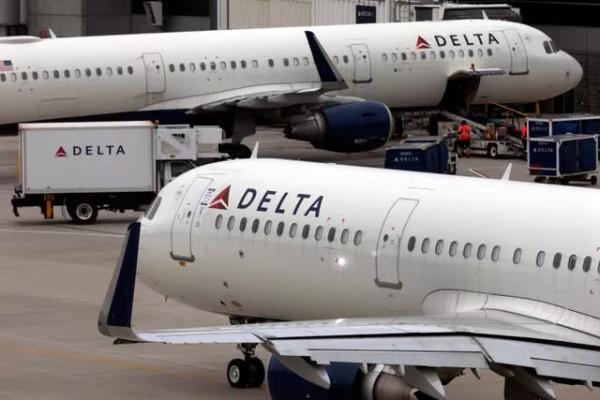
“Demand has been really strong,” chief executive Ed Bastian said in an interview. “International, business (travel), our premium sector all outperformed.”
Delta’s results showed a continuing divide between passengers who sit in the front of the plane and those in economy class. Revenue from premium passengers jumped 10% — about 500 million dollars (£388 million) — but sales in the main cabin were flat with a year earlier.
Wealthier Americans are benefitting from strong gains in stock prices and the value of their homes, according to economists, while middle-class families are more likely to be holding back on spending because high inflation over the last three years has eroded their paychecks.
Delta, United and other airlines have stepped up their targeting of premium passengers with better seats, food, airport lounges and other amenities.
“Our more affluent customers are contributing meaningfully to our growth, and that’s why we continue to bring more and more product to them,” Mr Bastian said.
But Mr Bastian disputed any notion that middle-class travellers are pulling back on spending.
He said it is simply supply and demand — the airline industry, including low-fare carriers, is adding flights even faster than demand is growing, leading to lower fares.
“The discounting is in the lower-fare bucket,” he said.
Delta plans to add flights at a slower rate for the rest of the year, and Mr Bastian said he believes other airlines will too, which could give the carriers more pricing power.
Delta doesn’t disclose average fares, but passengers paid 2% less per mile in the second quarter, and there were a couple more empty seats on the average flight, compared with a year earlier.
Delta’s increase in revenue was more than offset by higher costs. Expenses jumped 10%, with labour, jet fuel, airport fees, plane maintenance and even the cost of running its oil refinery all rising sharply.
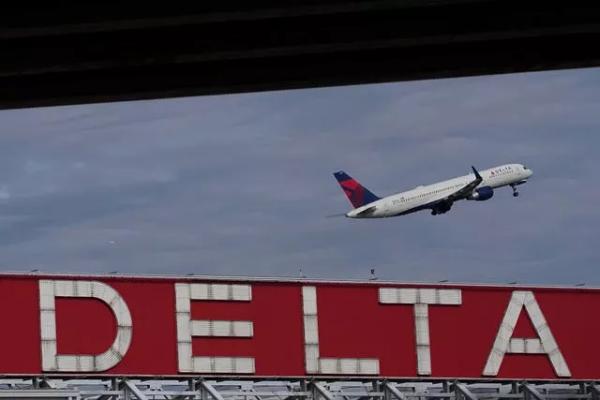
Spending on labour grew 9% over last year. The airline hired thousands of new workers when travel began recovering from the coronavirus pandemic, but hiring now is mostly limited to replacing workers who leave or retire.
Delta laid off an undisclosed number of non-union office employees last autumn in a sign that management considered the company overstaffed.
Atlanta-based Delta said its earnings, excluding one-time items, worked out to 2.36 dollars (£1.83) per share, a penny less than the average forecast among analysts in a FactSet survey.
The airline said its adjusted profit in the third quarter will be between 1.70 dollars and 2 dollars per share, below analysts’ forecast of 2.04 (£1.58) dollars per share.
Delta repeated its previous prediction that full-year profit will be six to seven dollars per share.
Sourse: breakingnews.ie
